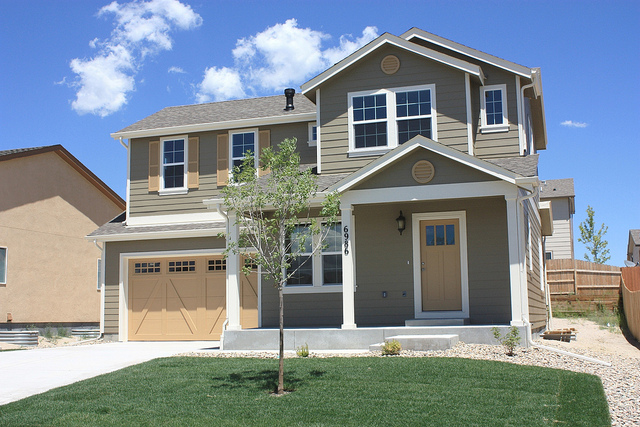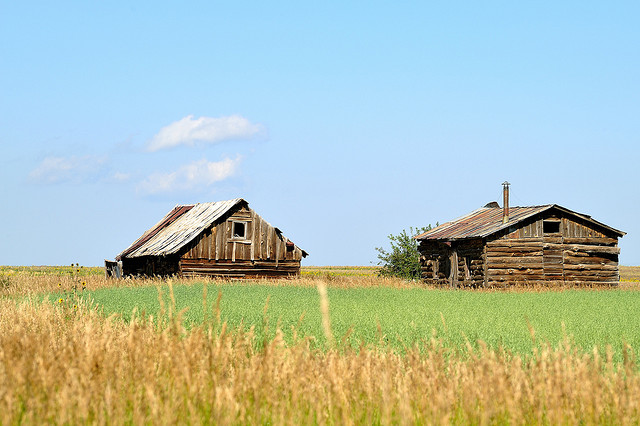If you’re thinking about filing bankruptcy in Colorado and concerned about keeping your home. You may have also heard of the Colorado Homestead Exemption and have questions. Rest assured that if you hire an experienced bankruptcy attorney, they are just as concerned as you are about helping you keep your home.
You should also know that it is extremely rare for someone to lose their home to the bankruptcy court. In our experience, the main reason someone loses their home during the bankruptcy process is because they didn’t pay their mortgage, not because the bankruptcy court sold it. That is just one of the many, many misconceptions swirling around bankruptcy.
During your initial consultation, one of the first things we’re going to talk about is your home and what concerns we have. Remember, most people have two options when it comes to personal bankruptcy: Chapter 7 or Chapter 13. Each of these different options has its own outcome as far as your home is concerned, and if one chapter isn’t appropriate, the other usually is. Again, our primary concern is you keeping your home. Our job is to guide you to be able to make the best decision for you.
What Is The Colorado Homestead Exemption?
When you file bankruptcy, there are rules that protect certain assets. These rules are call “exemptions”. There are exemptions for all sorts of things, like household goods, jewelry, and your car. And, of course, there is one that helps you protect equity you have in your home.
The Colorado homestead exemption allows homeowners who file bankruptcy to protect $250,000 of equity in their home ($350,000 if they are 60 or older). Unlike other Colorado exemptions, you cannot double the Colorado homestead exemption by filing a joint petition with your spouse. Equity is the difference between what you owe on your mortgage and what your home is worth. For example, if your home is worth $150,000 and you owe $125,000 (on all mortgages), you have $25,000 in equity. Under the Colorado homestead exemption, the entire $25,000 is protected.
Does The Colorado Homestead Exemption Help Me Keep My Home When I File Bankruptcy?
In most cases, you will not lose your home during your bankruptcy case as long as your equity in your home is fully exempt (protected) under the Colorado homestead exemption and you are current on your mortgage. If you have a taken out a loan that has been secured by your home (meaning you promised the lender it could have your home if you failed to pay the loan back), bankruptcy does not make that security interest go away. Although your legal obligation to repay the loan is eliminated by bankruptcy, if you default on your loan after you file the lender can still foreclose. However, they can’t pursue you for any deficiency for the loan if they don’t sell the house for as much as you owe.
If you don’t make your payments on that loan, the lender may be able to take and sell the home during or after the bankruptcy case. You should be able to keep your home if you are current on your payments, agree to keep making payments and can afford to make them.
What If I Can’t Make the Payments on my Home?
If you are behind on your loan payments, your best option (other than a loan modification) is probably to file a Chapter 13 bankruptcy petition. Chapter 13 bankruptcy may allow you to pay what your home is currently worth versus what you owe. Chapter 13 will allow you to “strip” or remove any second (or third) mortgages you have on your home. However, your home must be worth less than what you owe on your first mortgage. What that means is that you’ll emerge from your Chapter 13 bankruptcy owing only your first mortgage. Chapter 13 also allows you to catch up on your back payments and bring the loan current.
In Chapter 13 there is no risk of losing your home to the bankruptcy court. You could still lose your home to foreclosure if you don’t make your mortgage or Chapter 13 repayment plan payments. However, the bankruptcy court won’t sell your home in a Chapter 13. If you don’t make your Chapter 13 payments, the court will dismiss your case and you’ll be left without the protection of the bankruptcy court. If you were in foreclosure before you filed your bankruptcy and filed to stop the foreclosure, the foreclosure process can start all over if your case is dismissed.

Talk With An Experienced Denver, Colorado Bankruptcy Lawyer About The Colorado Homestead Exemption
Bankruptcy is the most powerful weapon you have to fight your overwhelming debt. It can eliminate or reorganize most debt to realize your financial dreams and get a fresh start.
To learn more about whether the Colorado homestead exemption will allow you to keep your home if you file Chapter 7 bankruptcy or Chapter 13 bankruptcy in Colorado, schedule your free, confidential consultation with an experienced Denver, Colorado bankruptcy attorney today. You can use our online scheduling system to or call us at 303.331.3403 to schedule a consultation at a time that is convenient for you.
Read what our clients have to say about us on our Google and Facebook pages!





